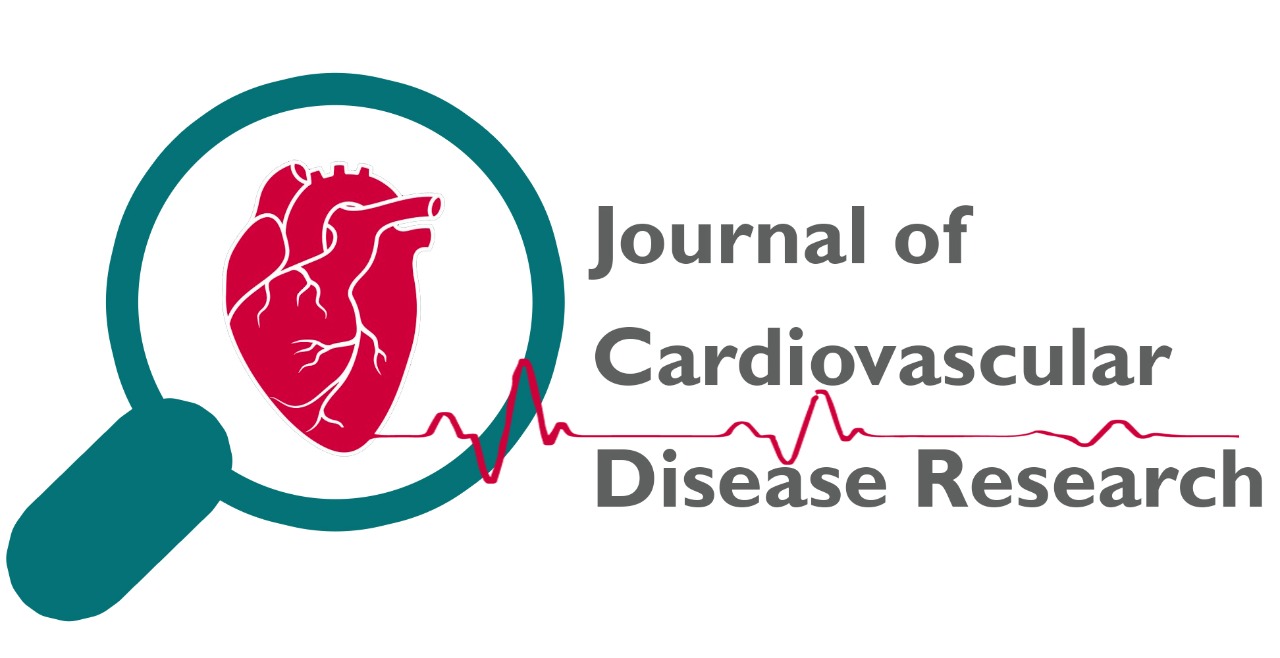
ASSESSMENT OF RISK FACTORS FOR MORTALITY IN CARDIAC SURGICAL ADULT PATIENTS
Dr Austin Raj R S, Dr Binil Isaac Mathew
JCDR. 2024: 1210-1215
Abstract
Aim: To assess risk factors for mortality in cardiac surgical adult patients. Methods: One thousand hundred adult patients who underwent cardiac surgery under cardiopulmonary bypass, aged 20 to 60 years of either gender were selected and parameters such as clinical profile, systolic and diastolic blood pressure, preoperative condition, type of operations performed and risk factors, etc. were recorded. Results: There were 620 males and 480 females. Age groups 20-30 years had 50, 30-40 years had 250, 40-50 years had 520, and 50-60 years had 280 patients. BMI showed healthy 660, overweight 370, obese 50, and severe obese 20 subjects. Preoperative conditions found were diabetes in 230, hypertension in 140, extracardiac arteriopathy in 60, intermittent claudication in 80, chronic renal insufficiency in 50, and chronic pulmonary disease in 20 patients. Operations performed were elective coronary artery bypass surgery in 600, aortic valve surgery in 250, mitral repair or replacement in 210, and ASD closure in 40. The difference was significant (P< 0.05). Out of 1100 patients, 30 (2.7%) died. Common risk factors were advancing age, female gender, extracardiac arteriopathy, chronic pulmonary disease, neurological dysfunction, serum creatinine >2.0, LVEF <30% and systolic pulmonary pressure > 60. Conclusion: Several risk factors contribute to cardiac surgical mortality such as systolic pulmonary pressure > 60, increasing age, female gender, extracardiac arteriopathy, chronic pulmonary disease, neurological dysfunction, serum creatinine >2.0, LVEF <30%. Using this data, a risk stratification method for estimating hospital mortality and evaluating the quality of care can be created.
Description
Cardiac surgical procedures involve interventions on the heart or great vessels to treat various cardiovascular conditions. These operations are performed by cardiac surgeons, and they can range from relatively common procedures to complex surgeries.1 An ever-increasing number of patients can now undergo cardiac surgery because of advances in surgical techniques and supporting technologies. Although crude fatality rates are frequently employed as a gauge of the quality of care, their applicability is constrained in the absence of patient risk profile information. The present risk profile of patients undergoing cardiac surgery is not well understood.2 Coronary Artery Bypass Grafting (CABG) is a surgical procedure used to treat coronary artery disease (CAD), where the blood vessels supplying the heart muscle (coronary arteries) are narrowed or blocked. Some believe that crude mortality also reflects the quality of treatment, it may be sufficient for measuring the quality of care.3 This is false in the context of cardiac surgery due to the risk paradox, which has been demonstrated to be most evident in high-risk patients when it comes to the relative benefit of surgery over medical care.4 Additionally, some believe that patients who survive heart surgeries may still have substantial morbidity and a poor long-term result, and that operative mortality is not the sole significant outcome indicator.5,6 We performed this study to assess risk factors for mortality in cardiac surgical adult patients.
Volume & Issue
Volume 15 Issue 2
Keywords
cardiac surgeries, female, serum creatinine
|
This is an open access journal which means that all content is freely available without charge to the user or his/her institution. Users are allowed to read, download, copy, distribute, print, search, or link to the full texts of the articles in this journal without asking prior permission from the publisher or the author. This is in accordance with the Budapest Open Access Initiative (BOAI) definition of open access.
The articles in Journal of Cardiovascular Disease Research are open access articles licensed under the terms of the Creative Commons Attribution Non-Commercial License (http://creativecommons.org/licenses/by-nc-sa/3.0/) which permits unrestricted, non-commercial use, distribution and reproduction in any medium, provided the work is properly cited. |
|
|
|
|
|
Copyright � 2022 Journal of Cardiovascular Disease Research All Rights Reserved. Subject to change without notice from or liability to Journal of Cardiovascular Disease Research.
For best results, please use Internet Explorer or Google Chrome POLICIES & JOURNAL LINKS
Author Login
Reviewer Login About Publisher Advertising Policy Author's Rights and Obligations Conflict of Interest Policy Copyright Information Digital Archiving & Preservation Policies Editorial Policies Peer Review Policy Editorial & Peer Review Process License Information Plagiarism Policy Privacy Policy Protection of Research Participants (Statement On Human And Animal Rights) Publication Ethics and Publication Malpractice Statement Corrections, Retractions & Expressions of Concern Self-Archiving Policies Statement of Informed Consent Terms of Use |
Contact InformationJournal of cardiovascular Disease Research,
|




